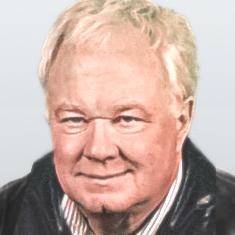Driven by a dutiful obligation to cast an informed vote, and perhaps a little cynical curiosity, my wife and I attended an early federal election campaign debate in our Quebec riding of Notre-Dame-de-Grâce-Westmount.
Once a bastion of the former Anglo business establishment, the NDG-Westmount riding now largely represents a diverse mixture of upper- to middle-class bilingual Montrealers. It is a reasonably typical example of the cosmopolitan urban neighbourhoods that account for the higher income zip codes in most large North American cities. California Senator and Democrat presidential candidate Kamala Harris once lived in the area and graduated from Westmount High School in 1981.





